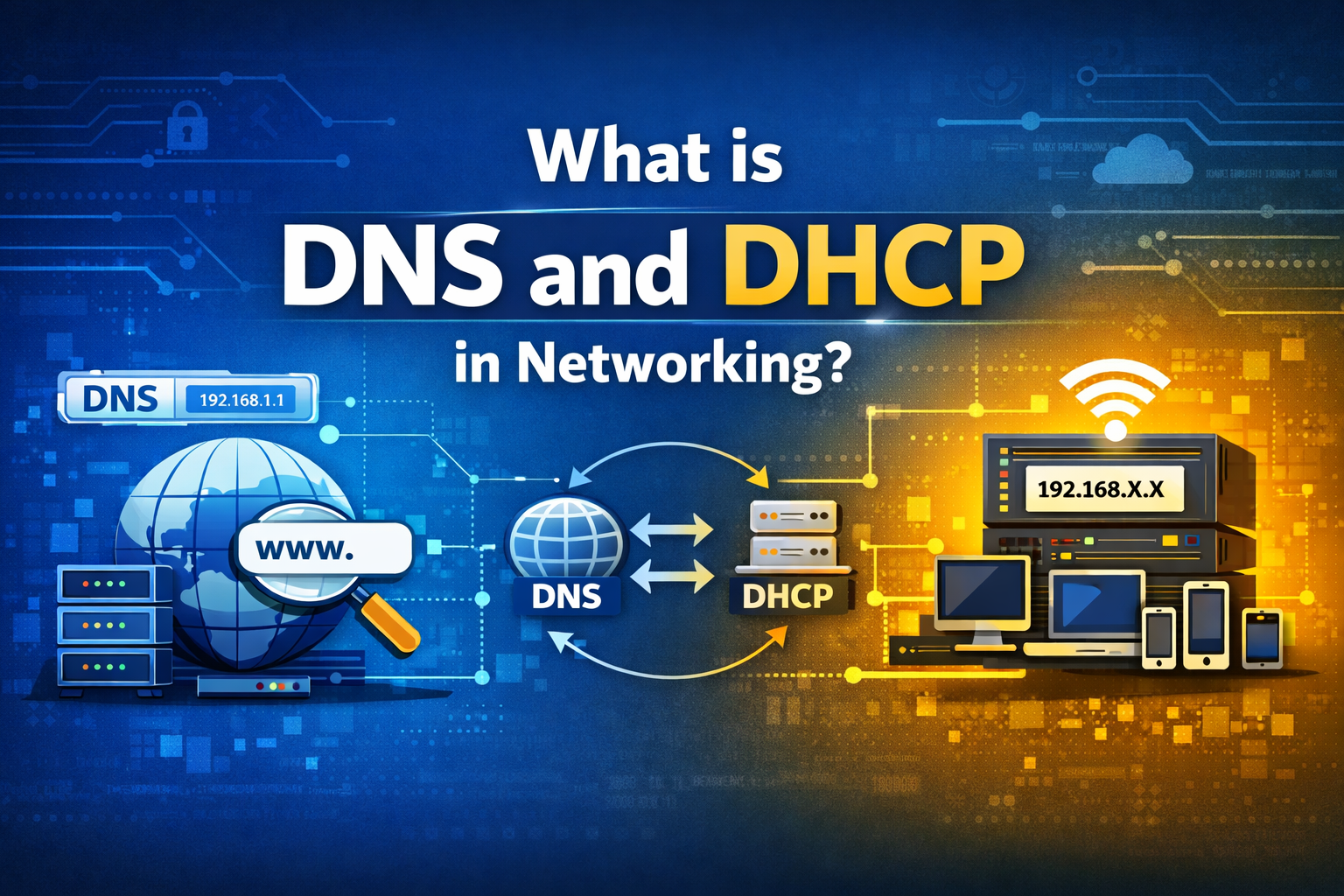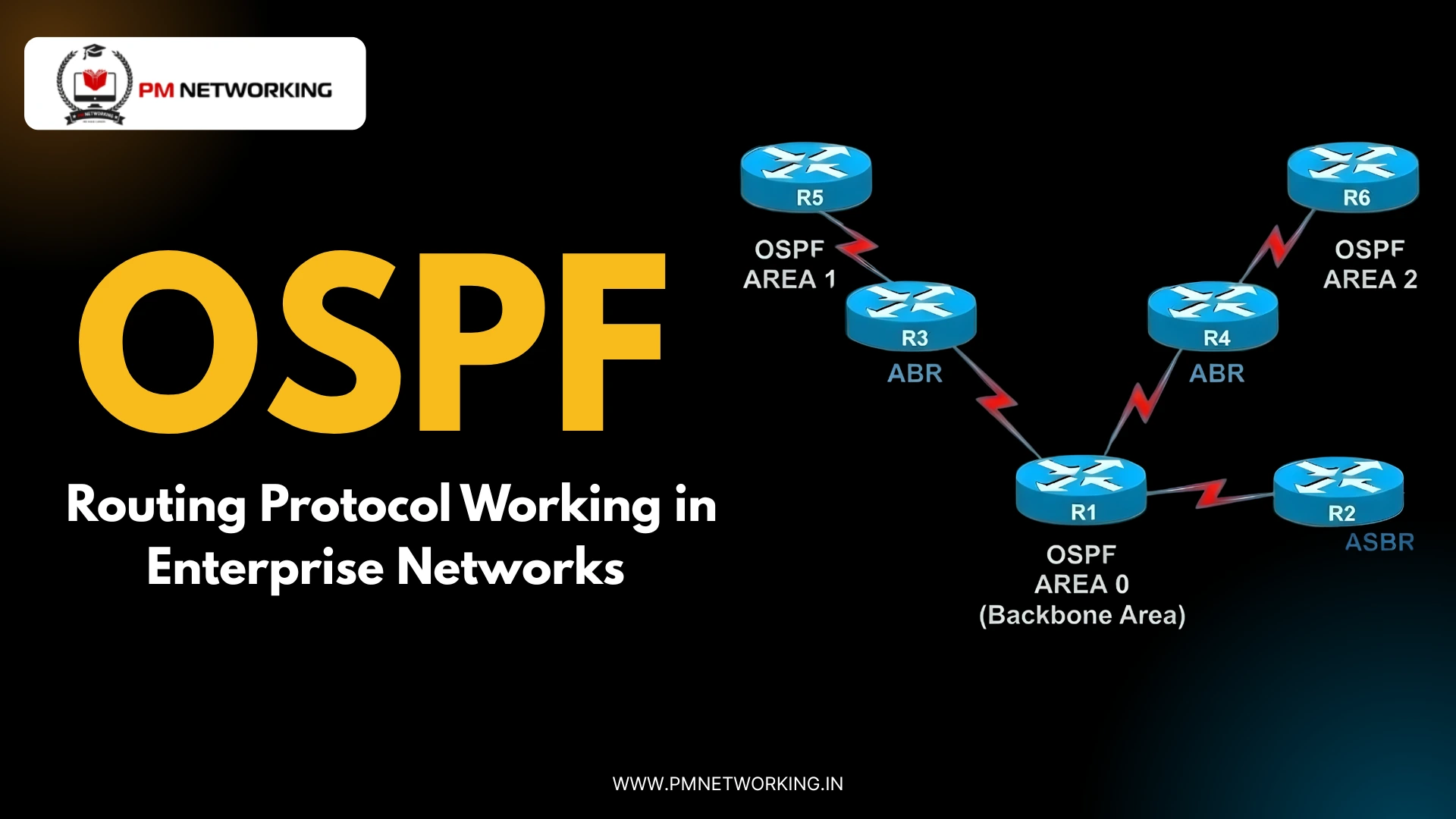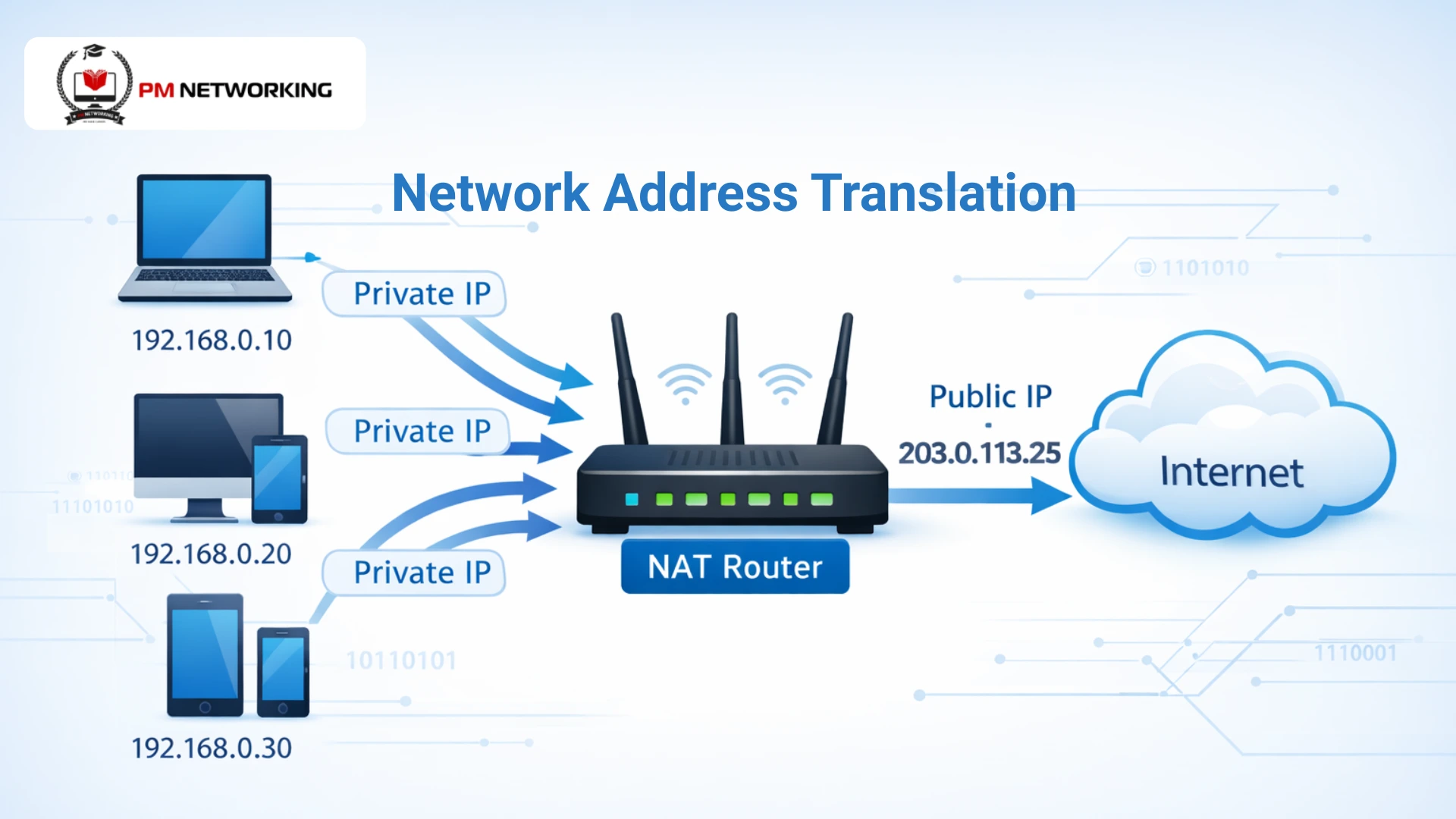
If you’re looking to begin a career in IT, particularly networking, then the CCNA certification is an excellent first step. CCNA stands for Cisco Certified Network Associate. It is one of the most well-known and respected certifications in the networking world.
A lot of people who want to work in IT take the CCNA course to understand the fundamentals of networking and how to work with Cisco networking devices. Getting your CCNA and passing the exam opens the door to many career opportunities in IT.
Let’s look at all the career options available after CCNA and how you can grow step by step in the networking field.
What Does CCNA Certification Cover?
The CCNA course explains how computer networks operate. You’ll know how data travels between computers, how you can set up and manage routers and switches. You’ll further apply what you’ve learned to secure a network, thereby protecting it from hackers.
The course also includes topics like:
- IP addressing and subnetting
- Routing and switching
- Basic security and firewalls
- Wireless networks
- Network automation and basic programming
- Troubleshooting network issues
Once you finish the CCNA course and pass the exam, you’re ready to apply for entry-level jobs in networking.
Why Is CCNA Important?
Many companies prefer to hire people who have the CCNA certification because it proves that you understand networking basics and can work with Cisco equipment. Cisco is one of the biggest companies in the networking world, and their devices are used by thousands of companies around the globe.
Having CCNA on your resume gives you an advantage when applying for jobs. It shows that you’ve got the right knowledge and skills to start working in IT.
Career After CCNA – What Jobs Can You Get?

There are many job roles you can explore after getting your CCNA certification. Here are some of the most common ones:
1. Network Administrator
A network administrator is responsible for managing and administering computer networks inside an organization. These tasks include network configuration, troubleshooting, monitoring network performance, and providing user support.
2. Network Engineer
Network engineers design, create, and manage computer networks. They prioritize network infrastructure planning, network device setup, routing and switching implementation, and network.
3. Systems Engineer
Systems engineers are in charge of the entire IT infrastructure of an organization. To guarantee optimal performance and system-to-system communication, they integrate and maintain networks, servers, storage systems, and other IT components.
4. Network Security Specialist
Network security professionals are experts at defending computer networks against cyber attacks. Firewalls, intrusion detection systems, VPNs (Virtual Private Networks), and vulnerability assessments are among the security approaches used to protect networks from illegal access and data breaches.
5. Wireless Network Engineer
A wireless network engineer sets up Wi-Fi networks in offices, schools, hospitals, and other places. To make sure that wireless connections are fast, strong, and secure.
6. Network Consultant
Network consultants might operate as freelancers or for consulting businesses. They advise and consult businesses on network design, implementation, and optimization. They examine network requirements, give recommendations, and assist with network upgrades or expansions.
7. Technical Support Engineer
Technical support engineers help customers or employees solve network-related problems. They guarantee client satisfaction with network services, provide technical guidance, and identify and fix network issues.
Where Can You Work After CCNA?
After completing your CCNA certification, you can find job opportunities in many industries. Networking professionals are needed in almost every sector. Here are a few examples:
IT Companies
Many companies, big and small, have their own networks. They need people to manage and maintain these networks. You can find work in software companies, IT service providers, or tech startups.
Telecom Companies
Telecommunication firms and internet providers hire network professionals to manage their systems and provide internet services to customers.
Government Departments
Government offices and public services are also reliant on networks for to handle data and communication. They need skilled professionals to manage and secure their systems.
Banks and Financial Institutions
Banks and insurance companies need secure networks to handle customer information and transactions. You could work in network security, system support, or administration.
Hospitals and Healthcare Providers
Healthcare systems rely on computer networks to manage patient records and hospital communication. They typically employ network administrators and/or engineers.
Networking Product Companies
The demand for CCNA certified professionals is great among companies like Cisco and other hardware manufacturers for technical roles, customer support or a product demonstrations.
Managed Service Providers (MSPs)
MSPs offer IT support to other businesses. You can work for an MSP and manage networks for many clients.
How Much Can You Earn?
The monthly salary of a CCNA-certified professional in India generally varies depending on the skills, experience, and company. The average entry-level salaries are in the range of ₹8,000 to ₹25,000 per month.
Your salary will typically increase with experience and additional, higher certifications. Salary is also dependent on the job location, type of company, and your communication skills.
What to do After CCNA?
CCNA is just the beginning. After gaining some work experience, you can take higher-level certifications to grow in your career. The next steps include:
1. CCNP (Cisco Certified Network Professional)
This certification is for mid-level network engineers. It goes deeper into topics like routing, switching, and troubleshooting.
2. CCIE (Cisco Certified Internetwork Expert)
CCIE is one of the highest-level certifications in networking. It’s for experts who want to lead network teams or work in large, complex network environments.
Getting these certifications can help you move into senior roles with better pay and responsibilities.
Learn CCNA with PM Networking
If you’re ready to start your journey, PM Networking offers a complete CCNA course taught by industry experts. You’ll get:
- Easy-to-follow lessons
- Hands-on practice
- Real-world examples
- Help with exam preparation
The course is designed for beginners, so you don’t need a lot of background in networking to start. By the end, you’ll have the skills and confidence to pass the exam and apply for jobs.
Final Words
A career after CCNA can be a great option for anyone who’s interested in technology, problem-solving, and building systems that help people stay connected. Whether you want to work within a company, support clients, or grow into a leadership role, CCNA provides an excellent foundation in networking.
And of course, getting certified is only the beginning. You’ll need to continue learning, stay updated with new technologies, and be prepared for change. Networking is an evolving field – those who continue to grow will find many chances to succeed.
So, take the first step. Enroll in a CCNA course from PM Networking, get certified, and start building a career you’ll be proud of.
FAQs
What is the CCNA certification?
CCNA (Cisco Certified Network Associate) is an entry-level certification that validates your networking skills and knowledge of Cisco technologies.
Who should take the CCNA course?
Anyone interested in starting a career in networking or IT infrastructure should consider taking the CCNA course.
What jobs can I get after CCNA?
You can work as a network administrator, network engineer, technical support engineer, or network security specialist.
Is CCNA enough to get a job?
Yes, CCNA can help you land entry-level jobs, but gaining experience and additional certifications can boost your career further.
Can I get a job after completing CCNA?
Yes, CCNA certification opens doors to roles such as network administrator, help desk technician, or IT support engineer. Training from PM Networking helps build practical skills to land these jobs.







0 Comments